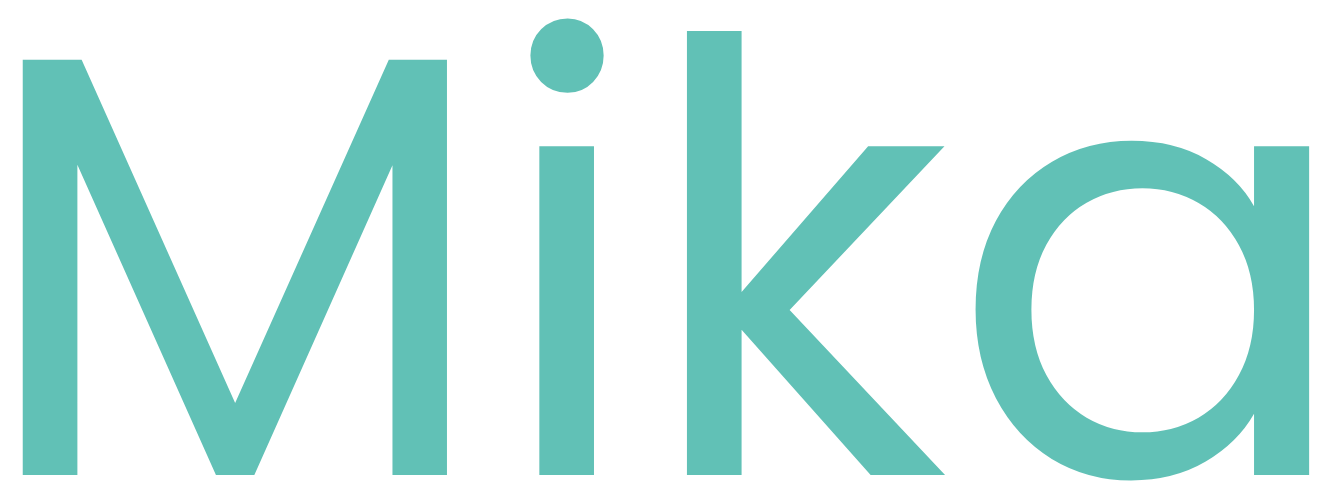Using AI Tools for Medical Inventory Management
Efficient inventory management is pivotal for success in healthcare. The ability to effectively track, organize, and utilize inventory in a clinic or hospital can significantly impact profitability and sustainability. With the advent of Artificial Intelligence (AI), healthcare organizations now have powerful tools to optimize inventory management processes like never before to minimize their waste and maximize their resources.
The challenges in traditional inventory management often include:
Inventory Optimization: Balancing inventory levels to meet the demand of clinics and hospitals without overstocking or understocking is complex.
Forecasting Accuracy: Accurately predicting future medical demand patterns is challenging due to various factors such as seasonality and unforeseen events.
Supply Chain Complexity: Global supply chains in healthcare introduce complexities in sourcing, production, and distribution, making it harder to manage inventory effectively.
Sustainability Concerns: Excessive inventory levels contribute to waste, while stockouts can lead to expedited shipping and increased carbon emissions. In fact, the healthcare supply chain is responsible for 70% of healthcare's carbon footprint.
AI offers innovative solutions to tackle the challenges mentioned above, enabling clinics to optimize inventory management processes and drive efficiency and sustainability. Here's how AI can be leveraged:
Demand Forecasting: AI algorithms can analyze historical orders to generate accurate demand forecasts. Machine learning models continuously learn and adapt to changing patterns, improving forecast accuracy. One of Mika Health's solutions has been exclusively designed to review a large amount of historical information in seconds to provide accurate reports that help directors make more data-driven decisions.
Dynamic Pricing: AI can analyze real-time market conditions and supply vendors' pricing to optimize purchasing strategies and help clinics maximize revenue. That's why Mika recently launched a product sourcing tool to compare more than 250 vendors and filter options by price, delivery time, and recommendations. The tool is entirely free, and you can test it here.
Inventory Optimization: AI algorithms can determine the optimal inventory levels based on demand variability, lead times, and cost constraints. This minimizes excess inventory while ensuring product availability.
Supply Chain Optimization: AI tools can optimize supply chain operations by identifying inefficiencies, optimizing transportation routes, and predicting potential disruptions.
In addition to improving efficiency, AI-driven inventory management solutions contribute to sustainability efforts in several ways.
Reduced Waste: By optimizing inventory levels and demand forecasting accuracy, businesses can minimize excess inventory and reduce waste associated with obsolete or expired products.
Energy Efficiency: Optimized supply chain operations in healthcare and reduced transportation needs result in lower energy consumption and carbon emissions, contributing to environmental sustainability.
Resource Optimization: AI-driven inventory optimization algorithms ensure efficient use of resources and medical supplies, minimize resource wastage, and promote sustainable practices.
While the benefits of using AI for inventory management are significant, successful implementation requires careful consideration of several factors like scalability and flexibility: Businesses should choose AI tools that can scale with their operations and adapt to evolving business needs and market dynamics. Mika Health is leading the intersection of AI and healthcare, designing solutions to help clinics and hospitals improve supply chain processes, facilitate decision-making, and reduce costs while improving patient outcomes.
Optimizing inventory management is crucial for clinics to achieve operational efficiency and sustainability goals in an increasingly competitive and environmentally conscious business environment. Tools offer unprecedented capabilities to address the complexities of inventory management, enabling supply chain directors to make data-driven decisions, minimize waste, and maximize their investment. Embracing AI-driven solutions is not just a competitive advantage; it's a strategic imperative for clinics looking for greener healthcare.


